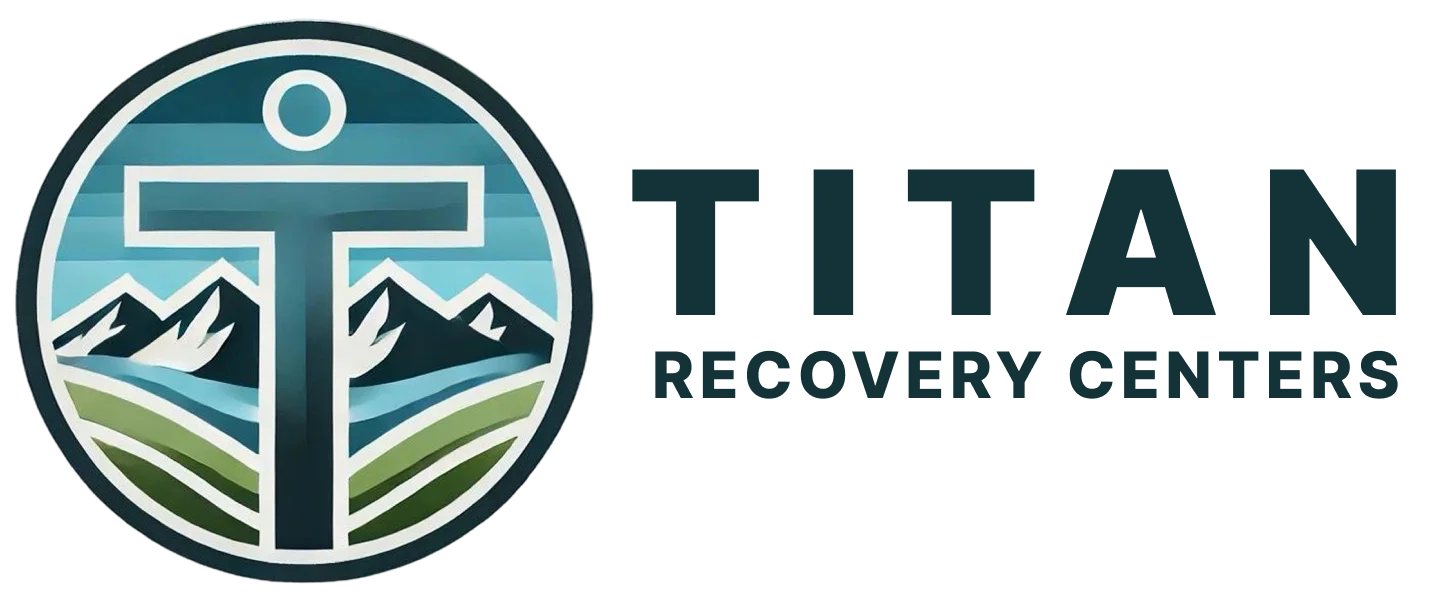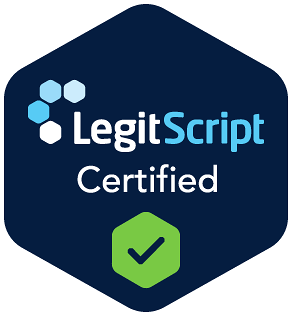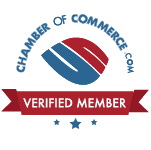Addiction Treatment in Las Vegas
Home > Treatment
Break the Cycle of Addiction—Support and Healing in Las Vegas
Addiction takes many forms—alcohol, drugs, even gambling—and in Las Vegas, those temptations can feel impossible to escape. But no matter how long you’ve been struggling, recovery is possible. Asking for help isn’t weakness—it’s strength. At Titan Recovery Centers, we offer compassionate addiction treatment in Las Vegas that addresses substance use, gambling addiction, and the mental health challenges that often come with them. Here, you’ll find the care and community you need to take back control of your life.
Our Approach to Addiction Treatment
At Titan, we take a person-first approach to addiction treatment. We learn your history, assess your medical detox needs, and create a customized recovery plan that works for you.
Our team is among the most expert and compassionate in their field. We implement evidence-based care with one goal in mind—your long-term recovery. From medical supervision during the delicate detox phase to guided clinical support in residential treatment, we ensure that you are always in the best hands.
Find the Right Treatment Program for You
Titan specializes in the following addictions. If you struggle with a substance not on this list or are battling a polysubstance treatment, our team will place you with the right clinical team and peer group.
- Opiate Addiction Treatment – Overcome opioid dependence with safe, medically supervised detox and evidence-based therapy.
- Alcohol Addiction Treatment – From withdrawal management to long-term support, we help you break free from alcohol dependence.
- Benzodiazepine Addiction Treatment – Benzo withdrawal can be dangerous—our medical detox and recovery programs keep you safe.
- Prescription Medication Addiction Treatment – Misuse of painkillers, stimulants, and sedatives can lead to addiction. We help you regain control.
What to Expect: Detox & Residential Treatment
Step 1: Detox
A safe withdrawal process is the foundation of all recovery. You can’t develop sober living skills during cold sweats. In our drug and alcohol detox programs, physical recovery is top priority. You will be medically supervised by our care team ensuring a safe and comfortable withdrawal. Detoxing alone can be dangerous, especially with substances like alcohol and benzodiazepines. If you’re unsure whether you need medical detox, consult a professional or contact our team for a confidential assessment.
Step 2: Residential Care
Once your body is stabilized, the real work of recovery begins. Our residential program provides:
- One-on-one therapy with experienced clinicians
- Group support and community healing
- Skill-building for long-term sobriety
Finding Addiction Treatment Near You in Las Vegas
If you’re searching for addiction treatment near you, Titan is here to help. We provide comprehensive, evidence-based treatment for individuals struggling with drug and alcohol addiction in Las Vegas and Clark County.
At Titan Recovery Centers, we offer medical detox, residential treatment, and long-term recovery planning, ensuring that every person who walks through our doors receives personalized, compassionate care. Our expert team is dedicated to helping you or your loved one safely detox, heal, and build a foundation for lifelong recovery.
Call us today at (888) 629-3074 to learn more about our programs or visit us at our facility.
Addiction Statistics in Las Vegas and Nevada
In 2021, there were approximately 8,600 alcohol-related and 9,300 drug-related visits to Nevada emergency rooms each quarter.
Nevada Department of Health and Human Services
In 2021, Nevada recorded 605 opioid overdose deaths, accounting for 64% of all drug overdose deaths in the state.
KFF.org
Approximately 9.7% of Nevada residents reported past-month use of illicit drugs, exceeding the national average of 8.82%
whitehouse.gov
About 51.8% of adults in Nevada reported drinking alcohol in the past month; 15.9% engaged in binge drinking, and 5.9% reported heavy alcohol use. Source Nevada Institute of Children’s Research and Policy School of Public Health
Your Questions Answered: Addiction Treatment in Las Vegas
Addiction treatment at Titan Recovery Centers in Las Vegas includes detox, therapy, and structured programs designed to help you rebuild your life. Care is tailored to each person, whether you need residential treatment or flexible outpatient support.
Yes. Our Las Vegas programs are fully confidential, giving you the privacy you deserve as you take this important step toward recovery.
Absolutely. Many clients from Henderson, Paradise, and North Las Vegas choose our Las Vegas center for specialized care that may not be available at smaller clinics.
If addiction is interfering with your relationships, work, or health, our admissions team can help you decide which program fits your needs best.
Most major insurance plans cover treatment. Our Las Vegas team verifies your benefits quickly so you know your options before starting care.
What comes after treatment? Hope & a Plan
Recovery doesn’t stop after detox and residential care—our goal is to set you up for long-term success. As you complete our program, you’ll work with your clinical and medical teams to create the best transition plan for you. This may include:
- Partial Hospitalization Program (PHP): Structured treatment while allowing more independence.
- Intensive Outpatient Program (IOP): Continued therapy and support while reintegrating into daily life.
- Sober Living: A stable, drug-free environment to reinforce healthy habits.
- 12-Step or Community-Based Support: Lifelong recovery resources to maintain sobriety.
We ensure that no one leaves our care without a plan for their next steps. Our team will help you transition smoothly into the right level of support for your long-term recovery. You’ll be on your way with a plan in hand and some hope in your pocket.
Take the First Step Toward Recovery
Recovery starts with one step. Our team is here to guide you—no pressure, just answers. Call now (888) 629-3074 for a confidential assessment.




